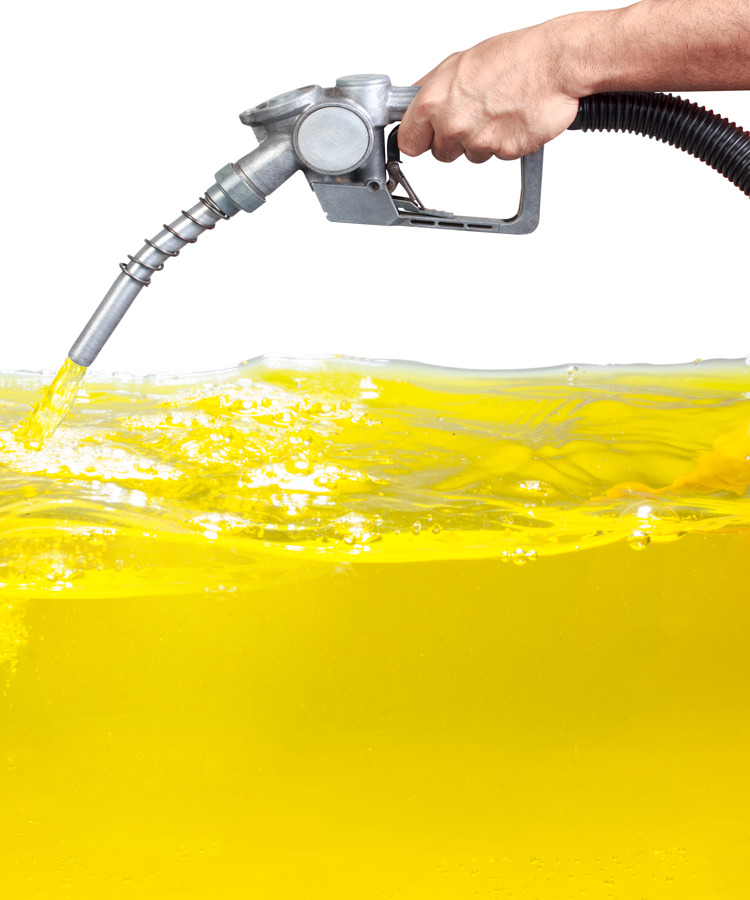Beer isn’t just good for drinking, turns out it’s good for the environment too. Well, the alcohol in beer is. Scientists and environmentalists have spent years searching for an alternative to fossil fuels in an effort to combat climate change. But pure ethanol doesn’t seem to be the best alternative because while it’s a clean burning fuel source, but it’s not without its problems. According to the scientific community, ethanol has a low energy density, mixes too easily with water, and can be corrosive to engines. Butanol is a much better fuel source, but is hard to produce from sustainable sources.
But recently scientists at the University of Bristol have been experimenting with beer to determine if ethanol can be converted into butanol, and if the conversion method is industrially viable. In laboratory tests, researchers have been able to convert pure, dry ethanol into butanol. However, researchers will have to use real ethanol fermentation broths to convert ethanol into butanol in order to apply the technology on an industrial scale.
The chemists at the University of Bristol have developed a catalyst that will turn the ethanol in beer into butanol. Catalysts accelerate chemical reactions, and researchers have found that their catalyst works when using beer as an example of a “real” ethanol mixture for the conversion of ethanol into butanol.
However, beer is just an example, and the researchers don’t expect beer to be the primary source used for ethanol’s conversion into butanol. “We wouldn’t want to actually use beer on an industrial scale and compete with potential food crops,” says Professor Duncan Wass. “But there are ways to obtain ethanol for fuel from fermentation that produce something that chemically is very much like beer–so beer is an excellent, readily available model to test our technology.”
